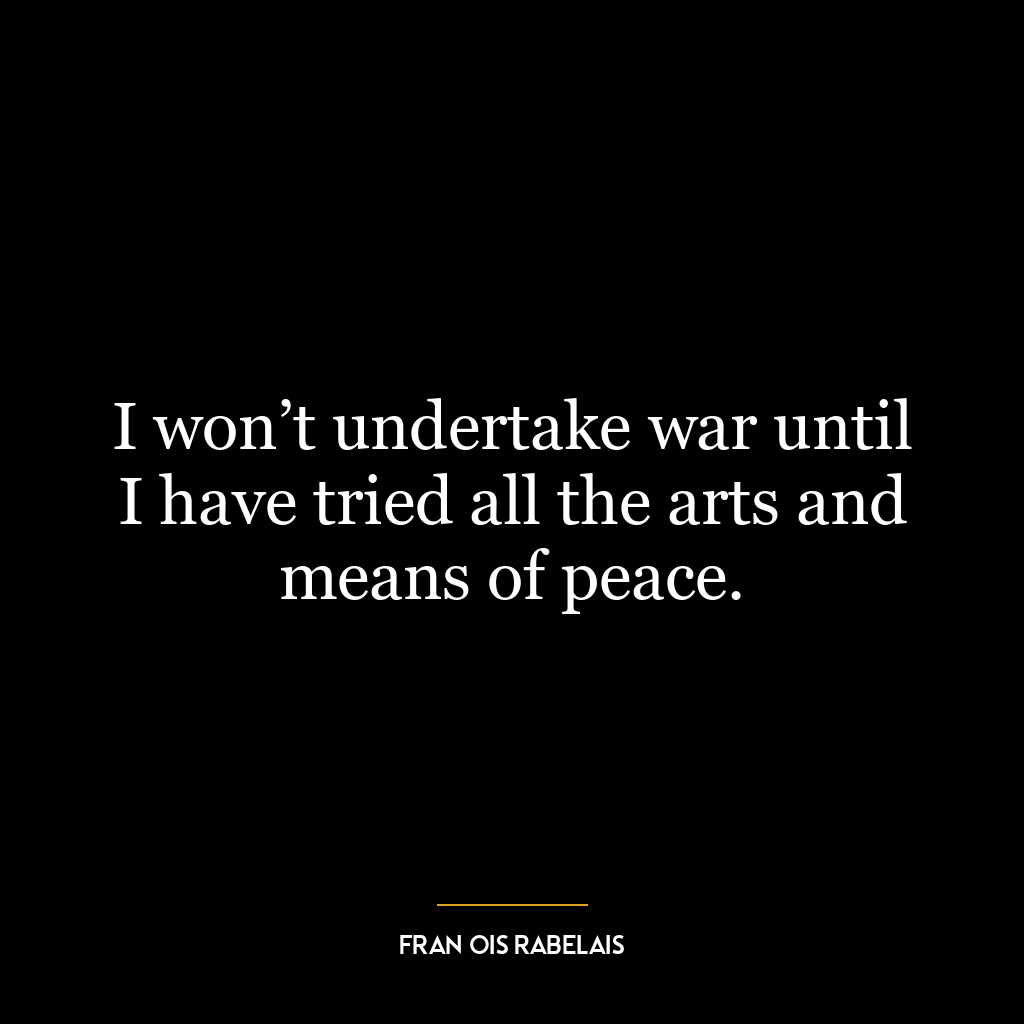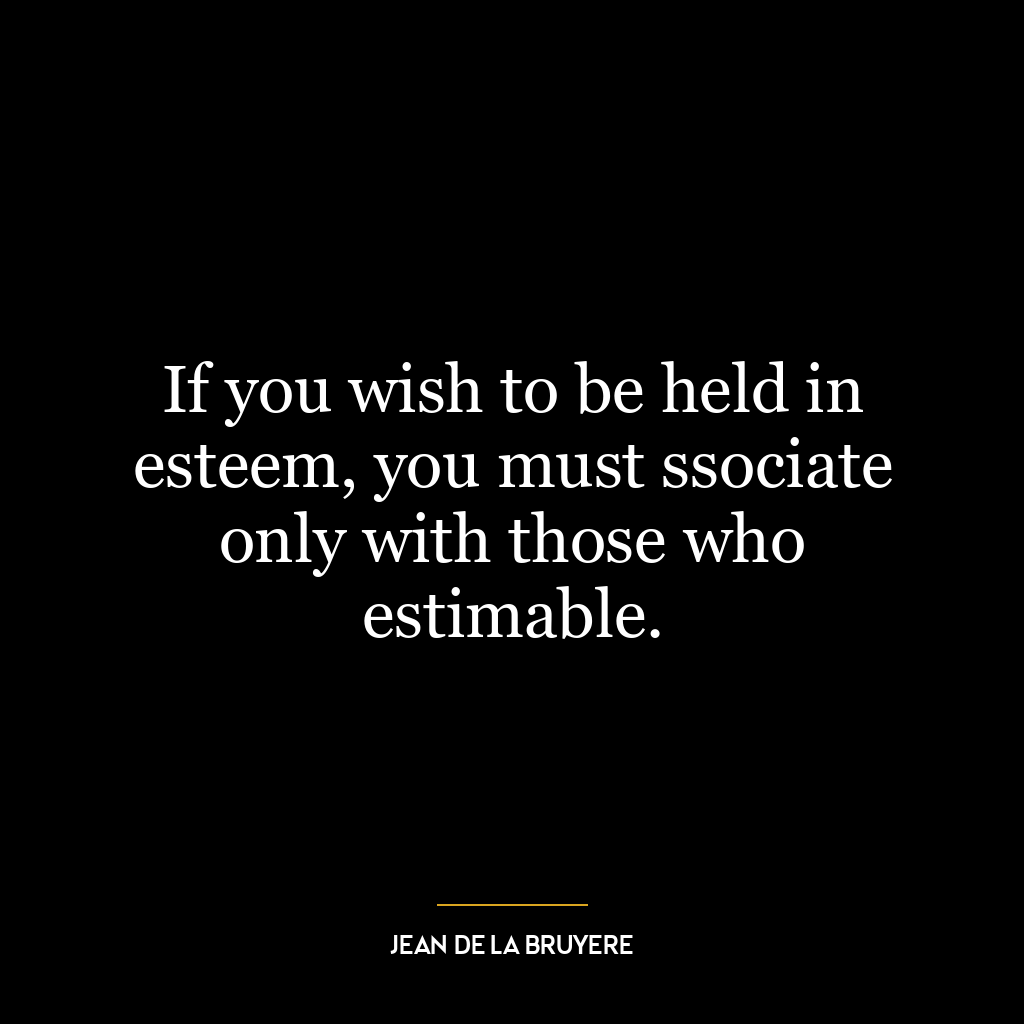Bad leaders care about who is right. Good leaders care about what is right
This quote emphasizes the difference between focusing on people and focusing on principles. When a leader is more concerned with who is right, they are more likely to make decisions based on personal biases or favoritism. They might prioritize defending their own ideas or those of their allies, rather than considering all perspectives and choosing the best solution. This can lead to a toxic environment, where people are afraid to voice their opinions and creativity is stifled.
On the other hand, a leader who cares about what is right is focused on the truth and the best course of action, regardless of who it comes from. They are open to different perspectives and ideas, and they make decisions based on what is best for the team or organization as a whole. This kind of leader creates a positive and inclusive environment, where everyone feels valued and heard.
In today’s world, this quote is particularly relevant. We live in a time of polarized opinions and ‘us versus them’ mentality, where people often care more about being right or winning an argument than about finding the truth or the best solution. This kind of attitude can be very harmful, whether in politics, business, or personal relationships.
In terms of personal development, this quote reminds us to focus on principles rather than people. It’s easy to get caught up in personal biases or in wanting to be right, but it’s more important to be open-minded and fair. This doesn’t mean ignoring or dismissing other people’s opinions, but rather considering all perspectives and making decisions based on what is right, not who is right. This approach can lead to better decision-making, improved relationships, and greater personal growth.








